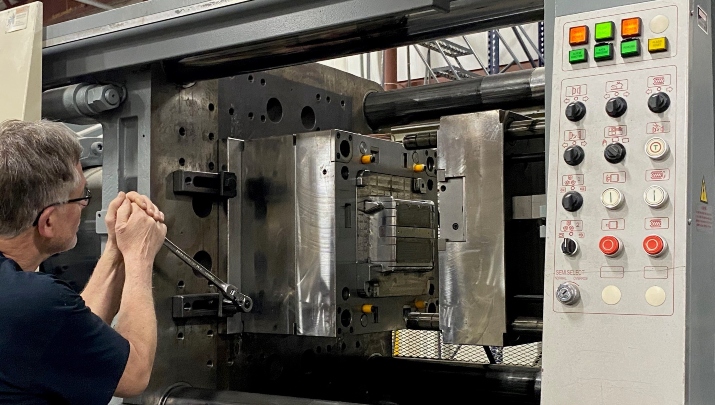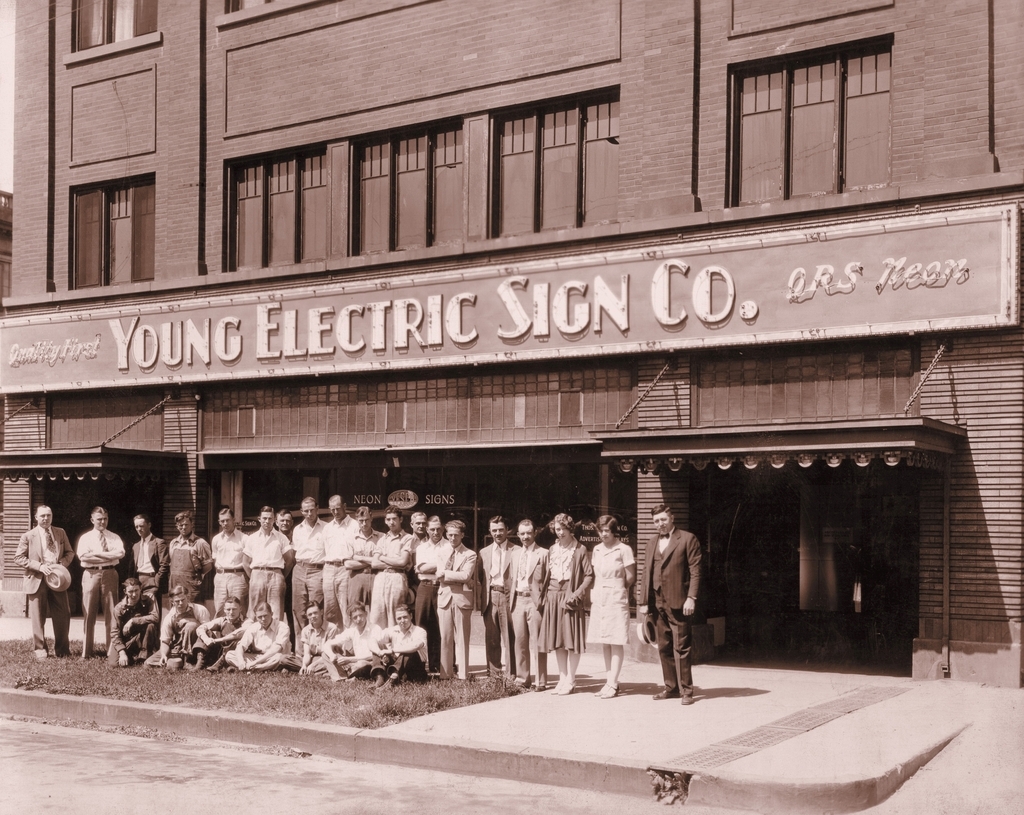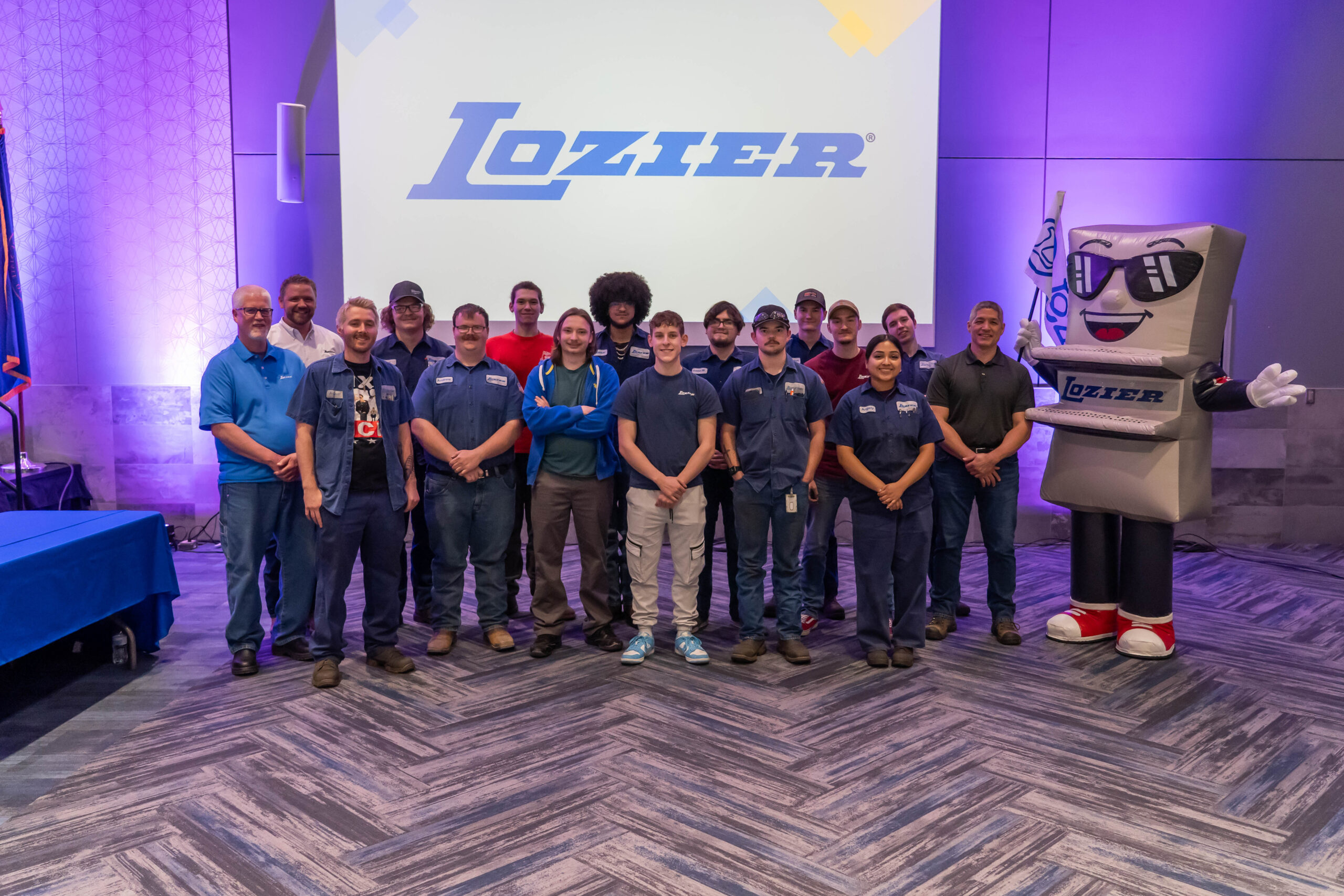
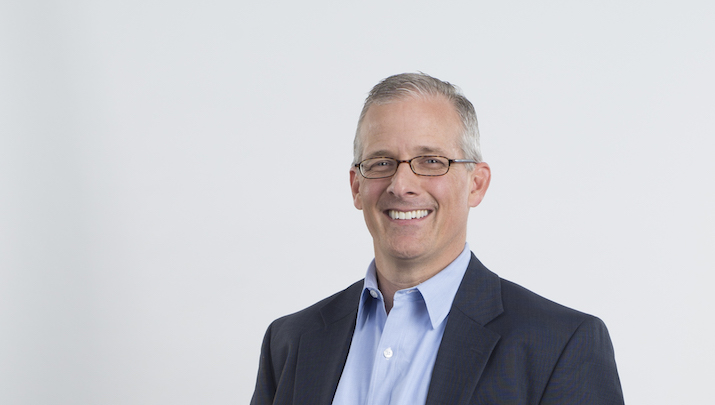
Safety in Numbers
- Chris McKee
- Venturity Financial Partners
Ever since I was a junior in high school and took my first accounting class, I’ve loved working with numbers. And just as numbers line up for me with predictable ease, I knew from a young age that I needed a clearly articulated career path. I received my accounting degree from the University of Mississippi in 1989, and I immediately sought out jobs that helped me grow my career as a professional. According to plan, I worked in public and industry accounting for a number of years and eventually for a series of companies cleaning up accounting messes.
By 2001, I teamed up with a partner and we struck out on our own with Venturity Financial Partners, doing outsourced accounting in Dallas-Fort Worth. We identified a need in the marketplace and tackled it by mapping out a plan. We would do accounting for small businesses, and our company would follow the typical accounting hierarchy with teams of accountants working in siloed spaces on their own accounts. I also wanted it to be a compelling place for people to work by investing in training and structuring a clearly articulated career path that was so beneficial to my early career.
We started off with just the two of us working out of our homes (and later trading beer for office space, but that’s another story), but quickly grew over the next few years, adding several teams. I loved the idea of investing in our staff long term and helping them shape their careers. I really thought I was facilitating lifelong learning, one of our core values, just by hiring them and providing a safe and steady work environment.
Yet something wasn’t working. About five years ago, we were having trouble attracting and retaining team members, and we struggled with profitability. We realized we weren’t going to win by just paying a lot because the services we offer aren’t a high-margin business. We needed to offer something more than just a competitive salary. But we didn’t know what to do.
Then I attended a conference at which Bo Burlingham spoke about his book “Small Giants: Companies That Choose to Be Great Instead of Big.” At that same conference, I saw one of Jack Stack’s lieutenants speaking about the Great Game of Business (which promotes transparent management and collaborative problem-solving through “open book” sharing of financial information). In particular, GGOB planted a seed in me to consider treating my team members like owners rather than employees. However, I felt like I could never share my financials with my people; it just felt too private, and frankly I was worried what they’d think when they saw our marginal financial performance.
So instead we tried on our own for three years to incentivize the team by sharing limited information with them about their own team’s financial performance. We offered bonuses to each team if they hit a certain gross margin target. The end result of three years of effort: nothing. Gross margin and profitability were right where we started. In fact, we were worse off than before because a few teams hit the gross margin target and were getting bonuses, but the majority were just giving up. We were now paying out bonuses to a limited number of team members, but with no improvement in profitability or morale.
So I turned back to GGOB. I finally sat down and read the book and I thought, “This really could be the answer.” As Jack says, “People believe in what they help create,” and everything we had been doing up to that point was top-down, what we told them they “should” do. In early 2017, we opened up our companywide financials to the whole team, brought in a GGOB coach and put together an internal team to implement GGOB. The change was almost immediate.
With GGOB, everyone owns a line item on the profit and loss statement. When they do things to improve profitability and gross margin, they can see the overall health of the organization improve — and suddenly they care about the finances in a way they didn’t before. And they have a true “stake in the outcome” (part of the Great Game) through bonuses that they all earn together through the improved performance of Venturity, not just the profitability of their individual team. Now we are not only winning, we are winning together.
We have weekly huddles to report out our budget versus actuals. Each department has to report on revenue and expenses. We go over all our numbers together. That’s been awesome: If there’s been a change in an estimate or a difference from the previous week, we discuss it. It’s the story behind the numbers that’s powerful. This has built an incredible understanding of the drivers of business. We’ve gone from 37 percent gross margin every year for the last five years before GGOB to 43 percent gross margin our first year playing the game. And in the first quarter of this year, we hit 46 percent. This has improved profitability, allowing us to reinvest in our team and our culture. And we haven’t lost a single team member in the last year to another company.
Venturity now has a team of 45 stateside team members, a support team of 25 in India and 130 clients generating revenue of $5 million a year. And we plan to implement the first phase of our ESOP (employee stock ownership plan) in January 2019. In addition to a short-term stake in the outcome through our GGOB bonuses, our team members will also have a long-term stake in the outcome through their ownership in Venturity. This will give them the opportunity to grow their long-term wealth, over and above short-term bonuses, helping them secure their own financial futures.
Not that it’s all roses. In January we were getting a little burned out because so much new work was coming in and our hiring fell behind. We were financially successful, but at the expense of our emotional success. So since February, we’ve been having conversations about how to maximize both financial and emotional success. What’s a good metric for emotional success? How do we maximize both? Whatever the answers are, we’ll find them together and take a big step toward being a well-rounded, truly sustainable, successful Evergreen company.
Prior to GGOB, it felt like I was pushing a boulder uphill 365 days a year. But by implementing the Great Game, now there are 45 of us pushing it, and we’re unstoppable together. We have a term, “career stewardship”, that refers to the fact that we want to be good stewards of people’s careers and their lives during their time with us, and GGOB and employee ownership are the crown jewels of that. It’s our new and certain path to an Evergreen future.
Chris McKee is the Managing Partner of Venturity Financial Partners
More Articles and Videos
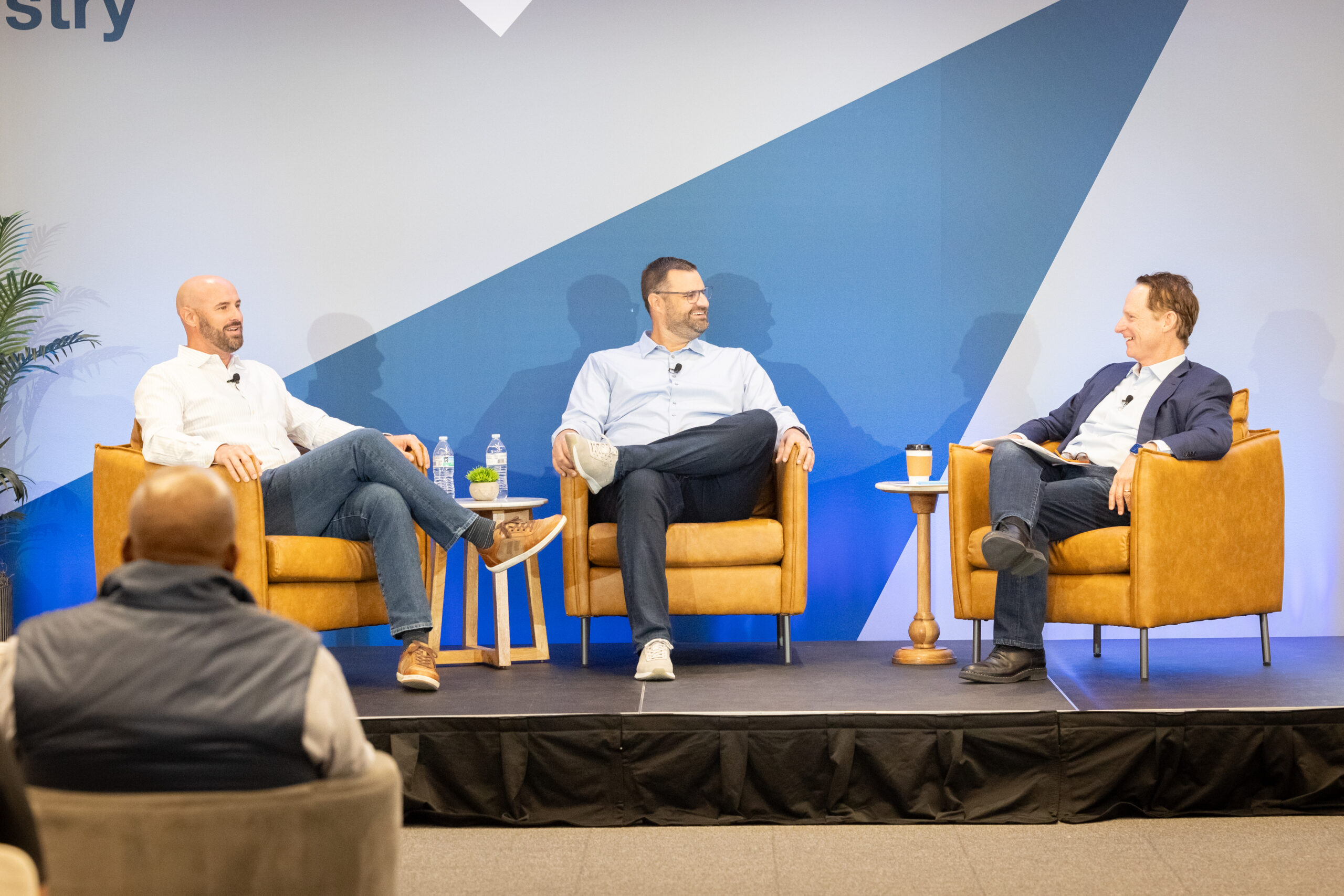
Fireside Chat with Dave Thrasher, Dan Thrasher, and Dave Whorton
- Dave Thrasher, Dan Thrasher, & Dave Whorton
- Supportworks and Thrasher Group

Get Evergreen insight and wisdom delivered to your inbox every week
By signing up, you understand and agree that we will store, process and manage your personal information according to our Privacy Policy
